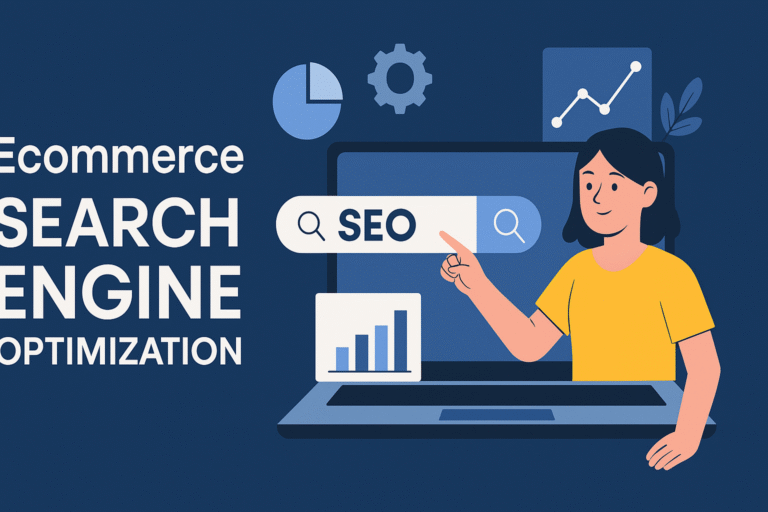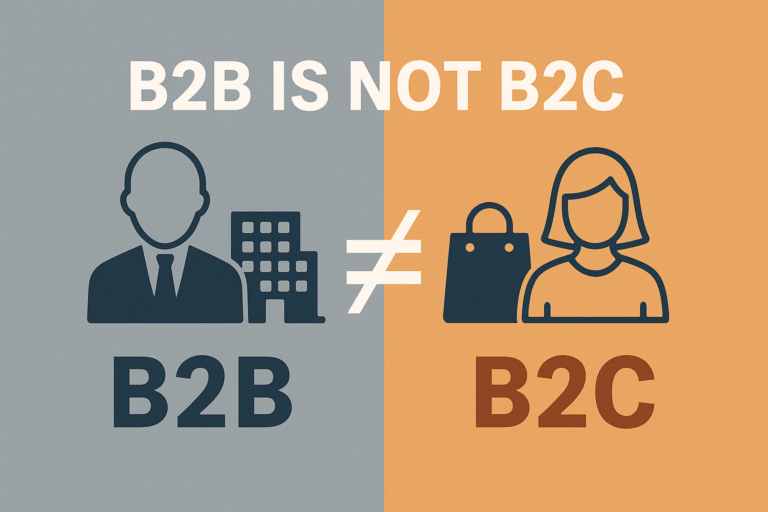Understanding Ecommerce SEO
What is Ecommerce SEO?
Ecommerce Search Engine Optimization (SEO) refers to the process of making your online store more visible in search engine results pages (SERPs). This includes optimizing product pages, category pages, and even your internal search to help customers find exactly what they’re looking for.
Why SEO Matters for Online Stores
With 93% of online experiences starting with a search engine, SEO is a non-negotiable asset for ecommerce success. Higher visibility means more traffic, and more traffic means more potential sales. It’s not just about traffic though—it’s about attracting qualified buyers.
Keyword Research for Ecommerce Sites
Tools to Find Product-Driven Keywords
- Google Keyword Planner
- Ahrefs
- Ubersuggest
- SEMrush
These tools can help identify what your customers are searching for, so you can align your content accordingly.
Short-Tail vs Long-Tail Keywords
- Short-Tail: “Running Shoes”
- Long-Tail: “Best men’s running shoes for flat feet under $100”
Long-tail keywords often have lower competition and higher intent, making them a goldmine for ecommerce SEO.
On-Page Optimization Techniques
Product Titles & Meta Descriptions
Use clear, keyword-rich product titles. Meta descriptions should be compelling and include your primary keyword naturally.
Image Alt Text and Product Pages
Adding relevant keywords to image alt text not only improves SEO but also enhances accessibility.
Site Architecture and Internal Linking
Crawlability and Hierarchical Design
Design a clean URL structure. Use categories and subcategories that make sense both to users and search engines.
Breadcrumbs and Navigation Menus
Breadcrumbs help users and Google navigate your site more effectively, improving user experience and SEO.
Mobile Optimization and Page Speed
Responsive Design Practices
Google’s mobile-first indexing makes responsive design essential. Ensure your site looks great on all devices.
Importance of Core Web Vitals
Fast load times, responsiveness, and visual stability are crucial. Use tools like PageSpeed Insights to audit your site.
Creating High-Quality Content for Ecommerce
Blogging for Product Categories
Create blog content around your products to capture informational intent and link back to product pages.
Content for Buyer Guides
Help shoppers make decisions with detailed buyer’s guides and comparison articles.
Schema Markup and Rich Snippets
Product Schema
Mark up products with price, availability, and reviews to make them more attractive in search results.
Review and Rating Snippets
Adding customer reviews via schema boosts credibility and click-through rates.
User Experience (UX) and SEO Connection
Role of Clean UI in SEO
A clean, intuitive UI keeps users on your site longer, reducing bounce rate and signaling quality to search engines.
Bounce Rate & Conversion Signals
Lower bounce rates and higher engagement can indirectly influence rankings and directly impact revenue.
Ecommerce SEO for Product Search
Internal Search Relevance
An optimized on-site search helps customers find what they need faster, enhancing SEO through improved engagement.
Role of Site Search in UX and SEO
If users bounce due to poor internal search, your SEO suffers. Investing in intelligent site search is essential.
Spotlight: Expertrec Smart Search for Better Ecommerce SEO
What is Expertrec?
Expertrec is an advanced AI-powered search solution designed specifically for ecommerce platforms. It offers real-time search suggestions, typo tolerance, and voice search—all without needing to code.
How Expertrec Improves SEO Through On-Site Search
- Reduces Bounce Rate: By showing relevant products instantly.
- Increases Dwell Time: Encourages users to browse more.
- Boosts Conversion Rates: Helps users find products quickly.
Features: Autocomplete, AI Search, Voice Search
- Autocomplete: Helps predict what users are typing.
- AI Search: Personalizes search results based on behavior.
- Voice Search: Lets customers search hands-free, boosting accessibility.
Link Building Strategies for Online Stores
Guest Posting
Share expertise on niche blogs and include backlinks to your product pages.
Influencer Outreach & Product Reviews
Collaborate with influencers to create authentic product reviews that generate SEO-rich backlinks.
SEO Audit Tools and Performance Tracking
- Google Search Console
- Screaming Frog
- Ahrefs
- SEMrush
Regular audits keep your site technically sound and optimized.
Mistakes to Avoid in Ecommerce SEO
- Duplicate Product Pages
- Thin Content
- Ignoring Technical SEO
- Not Using Alt Text
Fixing these can lead to immediate improvements in ranking.
Future of Ecommerce SEO
- AI-Powered Search Engines: Think GPT-powered shopping experiences.
- Voice Search Trends: Optimizing for voice will be key in 2025.
Final Tips and Summary
- Focus on long-tail keywords
- Optimize every product page
- Improve internal search with Expertrec
- Build backlinks strategically
- Track performance consistently
SEO is a journey—not a one-time fix.
FAQs
Ecommerce SEO improves your online store’s visibility on search engines through keyword usage, site structure, and optimized content.
Expertrec enhances on-site search, improving user experience and reducing bounce rates—key SEO signals.
Google Search Console, Ahrefs, SEMrush, and Expertrec for internal search optimization.
Use canonical tags and unique product descriptions.
Fast-loading pages lead to lower bounce rates and better user experience, improving SEO rankings.
Yes, especially with tools like Expertrec that support voice search and AI-powered results.



